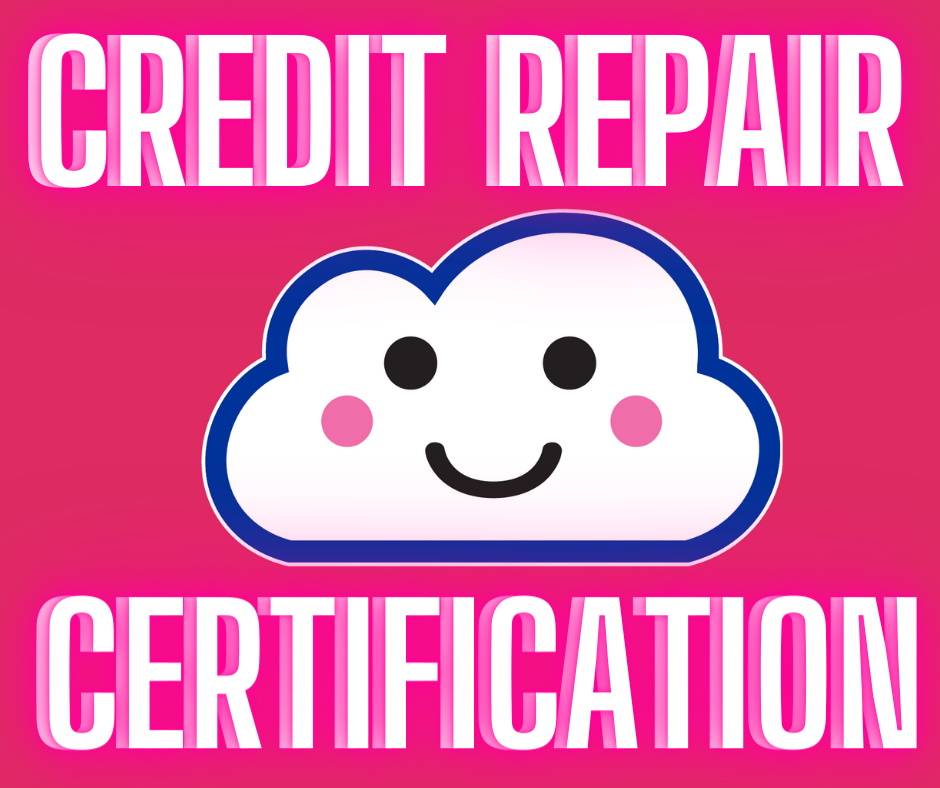By: Casey Capozzola
DISCLOSURE: This post may contain affiliate links, meaning this site may receive a commission if you decide to make a purchase through my links, at absolutely no cost to you. This please read my affiliate disclosure page for more information. Also, please read our article disclaimer

It can be frustrating if you have been denied a loan from every lender you have applied to. This article will provide tips on fixing your credit and what to do if you have been denied a loan. Understanding the reasons behind denials and implementing strategies to improve your credit score can increase your chances of getting approved for the loans you need.
Effective tips to fix your credit score if you have been denied a loan
There are several ways you can use to fix your credit score:
Review your credit report
The first step in fixing your credit score is to understand what is causing it to be low. Reviewing your credit report, you can see a detailed breakdown of your credit history, including any late payments, high balances, or other negative marks. This will help you identify any areas that need improvement and allow you to focus on those issues. Click the image below to read our article on How you can get a copy of your credit report.
Pay your bills on time
One of the biggest factors that affect your credit score is your payment history. If you have a history of missing payments or paying your bills late, it will significantly damage your credit score. You should make a concerted effort to pay your bills on time every month to improve your credit score. This includes credit card bills, mortgage payments, and even utility bills.
Reduce your debt
High levels of debt can also negatively impact your credit score. For example, if you have a lot of credit card debt, getting approved for a loan can be difficult because lenders may see you as a high risk. You should pay down your debts and reduce your overall balance to fix your credit score. This could include consolidating debts or negotiating with creditors for lower interest rates or monthly payments.
Avoid applying for new credit
Applying for new credit generates a hard inquiry on your credit report, which can lower your credit score, especially if you have many in a short period. To avoid damaging your credit score further, you should avoid applying for new credit unless necessary.
Consider a secured credit card
If you have a low credit score and trouble getting approved for credit, you may consider a secured credit card. These cards require you to put down a deposit as collateral, which is used to secure the credit line. Using a secured credit card responsibly and paying your bills on time can build up your credit score and eventually qualify for a traditional credit card.
Seek credit counseling
You may consider seeking credit counseling if you struggle to fix your credit score. Credit counselors can help you develop a budget and payment plan to get your finances back on track. They can also provide you with resources and strategies for improving your credit score and avoiding financial pitfalls in the future. We recommend AIA Credit repair!
Increase credit limit
One way to improve your credit score is to increase your credit limit. This can be done by requesting a credit limit increase from your credit card issuer or applying for a new credit card with a higher limit. By increasing your credit limit, you can show that you are responsible with credit and can handle larger amounts of debt. This can also help lower your credit utilization ratio, which is the amount of credit you use compared to the amount of credit available. A lower credit utilization ratio can improve your credit score.
Decrease/limit hard inquiries for a period
Another way to improve your credit score is to decrease or limit hard inquiries for some time. Hard inquiries occur when a lender or creditor checks your credit as part of a loan application process. These inquiries can negatively impact your credit score, as they show that you are seeking new credit. By limiting hard inquiries, you can help to improve your credit score over time.
Work with a Credit Repair Agency
If you have been denied a loan due to poor credit, you may want to consider working with a credit repair agency. These agencies can help you identify and address any errors or negative items on your credit report that may negatively impact your credit score. They may also be able to negotiate with creditors to remove negative items from your credit report. Working with a credit repair agency can improve your credit score and increase your chances of being approved for a loan.
6 Common Personal Loan Rejection Reasons
Here are some of the reasons why your loan application may be rejected:
- Bad credit history: This means the borrower has a history of not paying debts on time or defaulting on loans. Lenders may consider this high risk and reject the loan application due to the likelihood of the borrower being unable to repay the loan.
- High debt-to-income ratio: This refers to the percentage of a person’s income that goes towards paying off their debts. If the ratio is too high, it may indicate that the borrower is overburdened with debt and may not be able to afford to take on more.
- Unstable employment history: Lenders want to see that the borrower has a stable source of income to pay back the loan. If the borrower has a history of frequently changing jobs or gaps in employment, it may be considered a risk to the lender.
- Minimum income requirement not met: Some lenders have a minimum income requirement that borrowers must meet to be approved for a loan. If the borrower’s income falls below this requirement, they may be rejected.
- Loan purpose mismatch: Lenders may have specific requirements for the loan. If the borrower’s intended use of the loan does not match the lender’s guidelines, the loan may be rejected.
- Missing information or paperwork: Lenders require certain information and documentation to assess the borrower’s risk level and ability to repay the loan. The lender may reject the loan application if this information is missing.
How Long Does it Take to Fix Your Credit Score?
It depends on the severity of the damage to your credit score and the steps you take to repair it. Please, don’t believe people that claim they can fix your credit in less than 24 hours, is it possible, yes. However, it is determined case by case. We tell our clients not to expect anything for the next three months. It’s a harsh reality. Here are some factors that can impact how long it takes to fix your credit score:
- The number of negative items on your credit report: If you have multiple late payments, collections, or other negative items on your credit report, it will take longer to repair your credit score.
- The age of the negative items: Older Negative items will have less impact on your credit score than more recent items.
- The type of negative items: Some negative items, such as bankruptcy, will have a more significant impact on your credit score than others, like a late payment.
- Your credit utilization: If you have high balances on your credit cards, it can lower your credit score. Paying down your balances and keeping them low will help improve your credit score.
It can take several months to a year to repair your credit score, depending on the above factors. Being patient and consistent in repairing your credit score is essential.
Conclusion
If you have been denied a loan everywhere, taking the necessary steps to fix your credit is essential. This may involve obtaining a copy of your credit report, disputing any errors, paying off any outstanding debts, and building a strong credit history by making timely payments and using credit responsibly. It may also be helpful to seek the guidance of a financial advisor or credit counselor who can provide personalized advice and assist you in developing a plan to improve your credit score. With dedication and persistence, you can take control of your financial future and increase your chances of being approved for loans and other financial opportunities.

WELCOME! My name is Michael and I am the founder of Divide The Sea. Holding me back was the many unknowns and challenges in life and future. Once I made the decision to reach my life goals, I learned how to Fix My Credit, Make Money, Save Money, and Start A Business, my life was never the same. My goal now is to educate, because I find nothing more freeing than teaching others and seeing them change their lives like never before! No matter the difficulty, divide that sea and make it to your true destination.
Categories
Click Link Below For More Articles
Related Topics
Popular Blog Posts
About Michael
Michael is the founder of Divide The Sea. Many of us will not be educated in responsibility and preparing for the future. Michael saw this in himself and in his students. This website encourages those to divide the sea and make it to their destination. Here you can learn how to Fix Your Credit, Make Money, Save Money, and Start A Business
Please Subscribe To Our Newsletter!
















